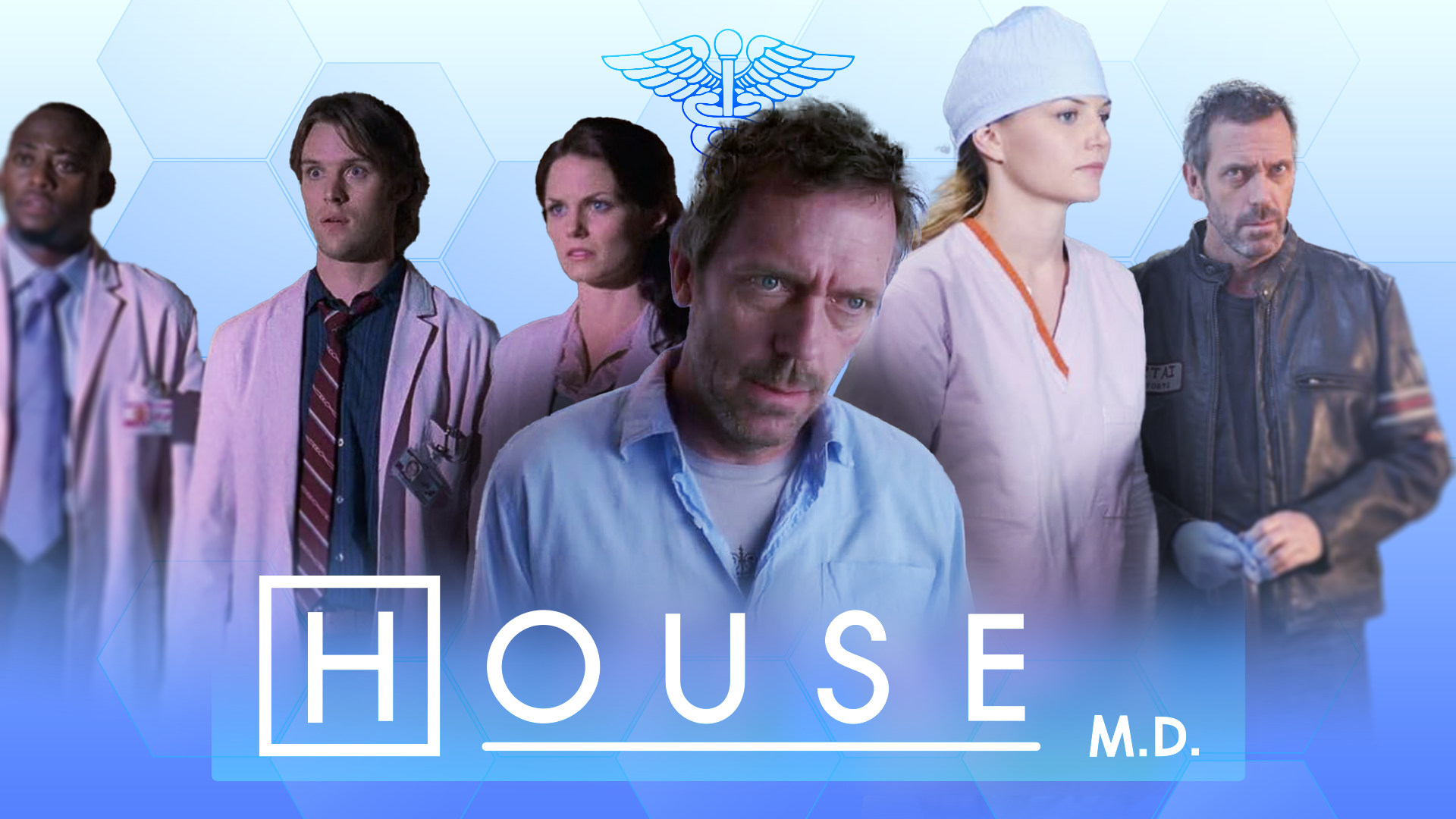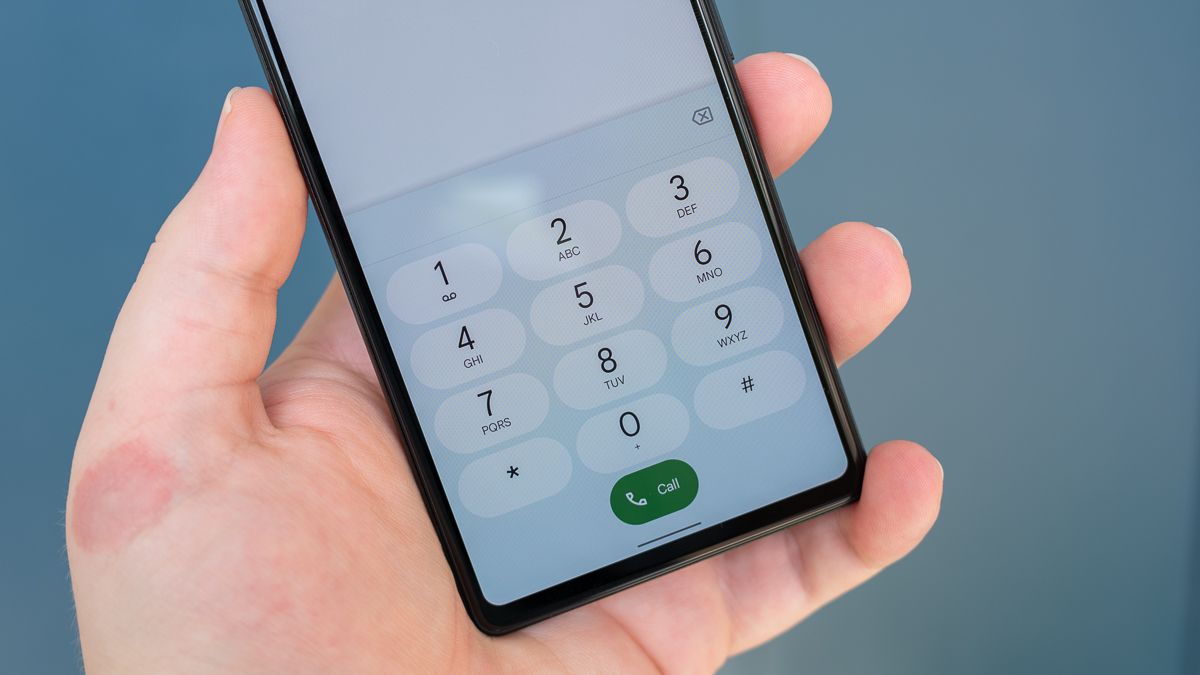I think there are few people who could disagree that House M.D is one of the greatest TV shows in history, and one of the main reasons this show was so watchable (apart from Gregory himself) was that each episode (or two) centered around a medical mystery.
You can watch House on Amazon Prime Video in the USA. This list is not in ranked order. I use official broadcast episode numbers, but this may differ from some streaming services where multi-part episodes are combined, or where episodes have been removed from some regions.
6 House’s Head / Wilson’s Heart” (Season 4, Episodes 15–16)

This is one of the most controversial arcs in House and led to a ton of debate online and in public when it first aired. It open with House in a strip club (pretty on-brand), but House has no memory of the hours leading up to his being there.
It turns out that House was in a bus crash, and that's why he lost his memory. Old Greg tries every trick in the book to recover his memory, because he just can't shake the feeling that he's forgotten something very important. It turns out that "something" would have a major impact on the series and viewers alike.
Expand this for the reveal
.
.
.
.
When House finally gets his memory back, it turns out that Dr. Wilson's girlfriend, Dr. Amber Volakis, was on the bus with House. Not only that, but she took amantadine flu medication right before it happened. Due to complications from the crash, the amantadine does irreversible damage to her, and there is no hope of saving her life.
However, in a harrowing twist, she's brought back to consciousness using a heart bypass machine, and Wilson and everyone else gets to say goodbye to her. Finally, after spending as much time as possible with Wilson, she tells him to turn off her life support, and dies in his arms. I remember both how heartbroken people were by this episode, and how there was a spike in searches for amantadine poisoning. Either way, this is historic TV.

10 Paramount+ Series You Need to Binge This Week (June 16 - 22)
Binge these Paramount+ favorites this week.
5 “Three Stories” (Season 1, Episode 21)
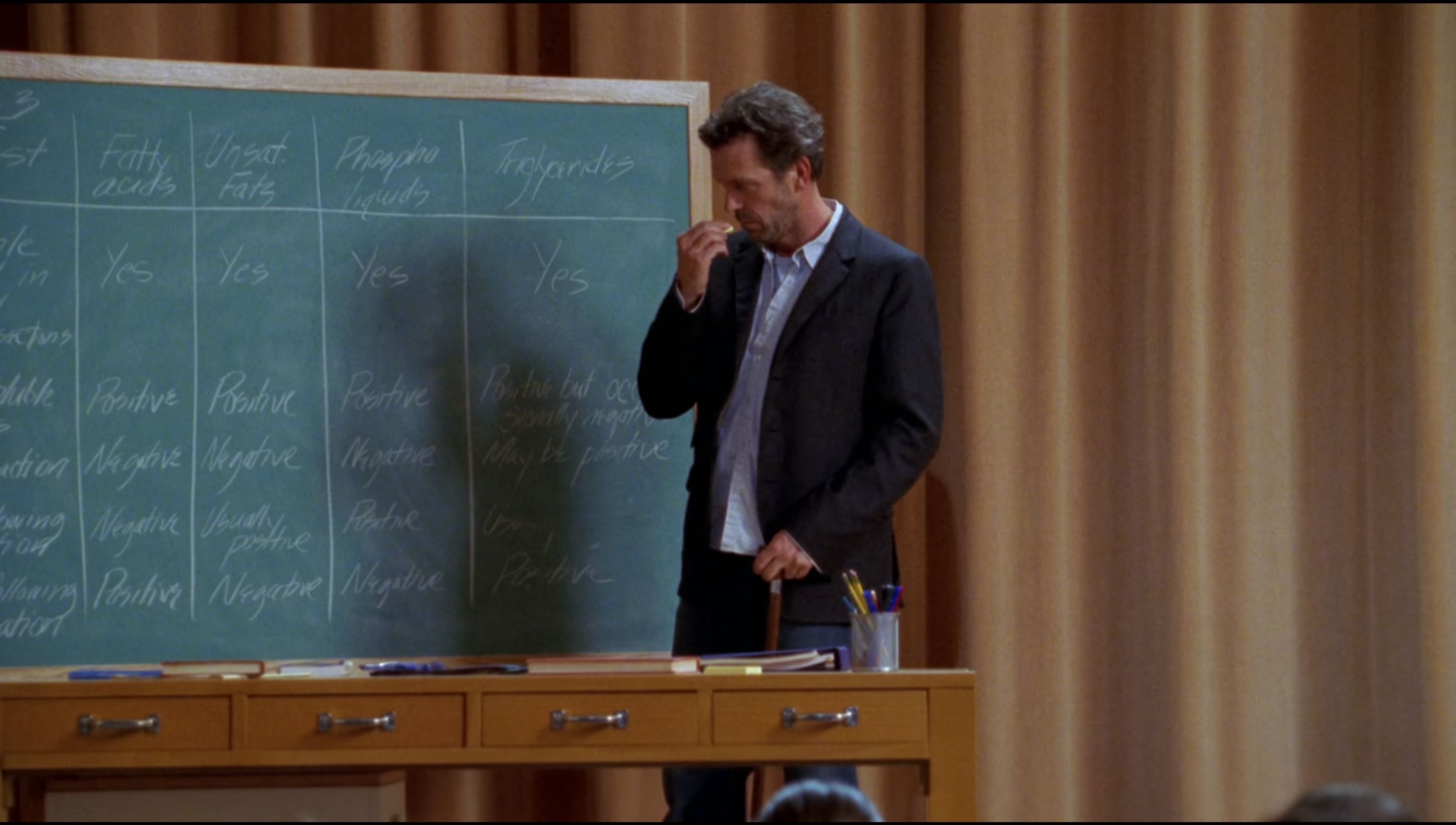
This episode sees House give a lecture to medical students in the form of three stories of patients with leg pain. It's one of the better episodes when it comes to the detective doctor at his most acerbic, but it's also an episode that gives us some insight into House's past and why he turned out the way he has. The main plot thread here is that House's ex-girlfriend wants his help in treating her husband, which House first refuses.
However, after working through the cases with the students, he changed his mind.
Expand this for the reveal
.
.
.
.
It turns out that one of the cases House presented to his students was his own, and gives us the whole backstory of how his leg injury happened, and the series of diagnostic mistakes and medical decisions that left him crippled and addicted to pain medication. It's the first time in the show we get to see House in the role of the patient, and will make you feel some sympathy for him.
4 “Euphoria” (Season 2, Episodes 20–21)
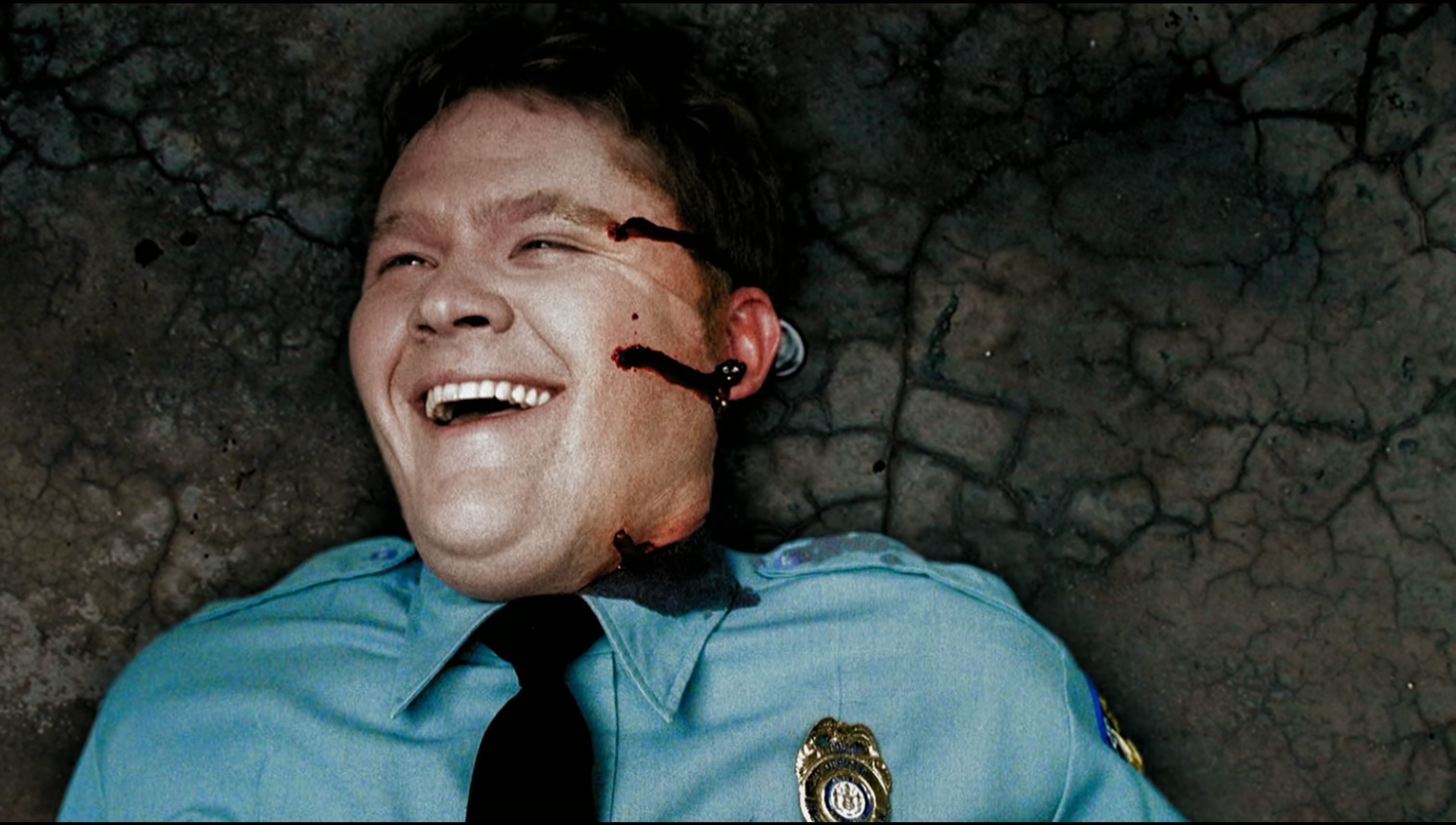
A corrupt cop can't stop laughing, despite a gunshot wound and pieces of bullet lodged in his brain. House's team rushes to figure out what's going on, but then Dr. Foreman starts showing similar symptoms to the officer, who dies shortly thereafter. Now the race is on to save Foreman, and perhaps prevent an outbreak.
Expand this for the reveal
.
.
.
.
It turns out that the cop had both a brain infection and Legionnaires' disease, which slowed down the infection and confused the diagnosis. This leads House to intentionally infect Foreman with legionalla. This is just a stopgap, and eventually the only answer seems to be a deep brain biopsy, which could cause brain damage in Foreman. House rushes to the cop's apartment and finds evidence there to indicate a brain parasite, but he phones it in too late and the biopsy was already done. The episode ends with signs that Foreman has sustained brain damage.

The 11 Funniest Original Comedy Shows on HBO Max
If you need some good laughs, these HBO Max exclusives are ideal.
3 “Both Sides Now” (Season 5, Episode 24)
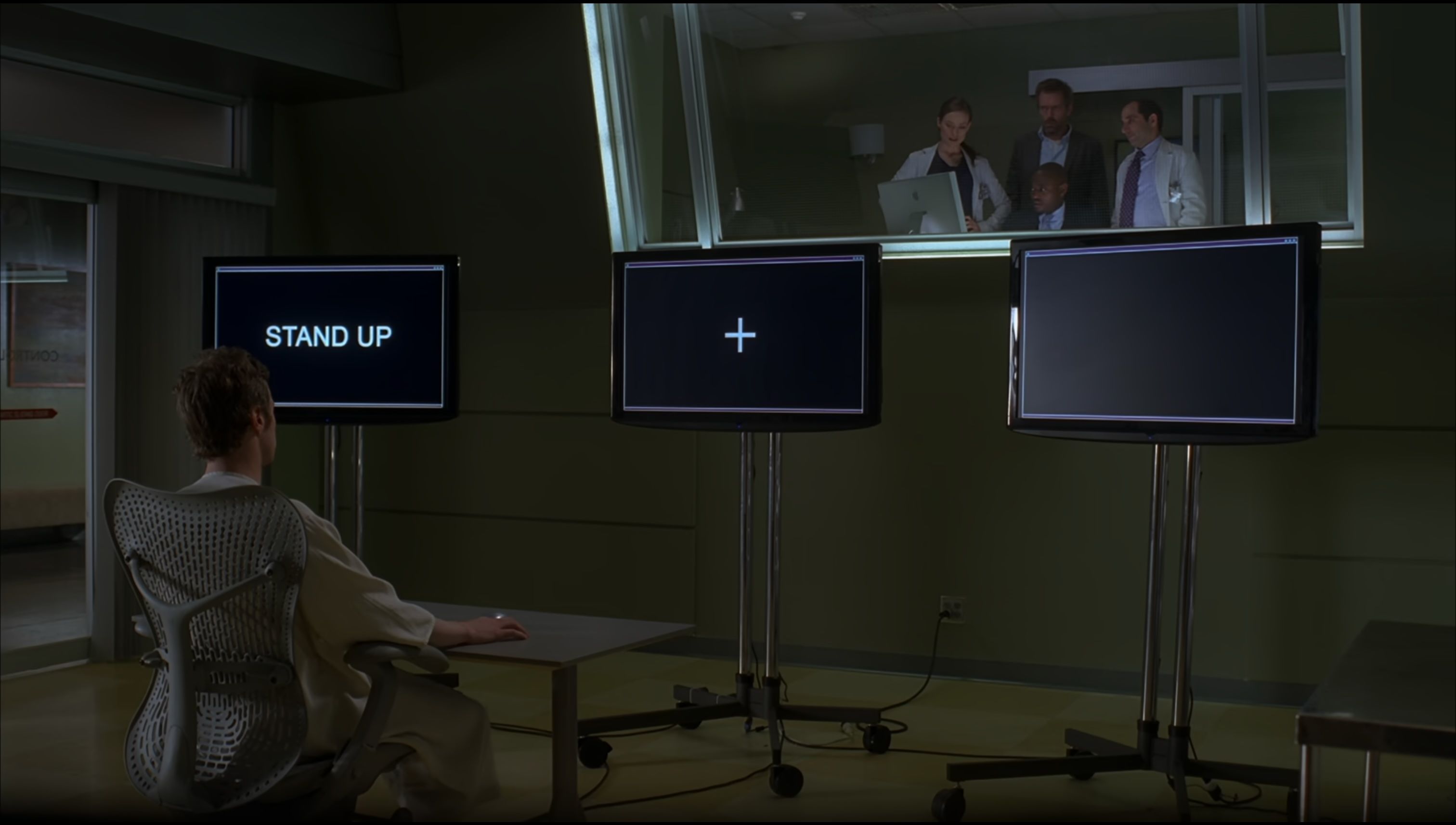
This episode is personally of special interest to me, because the whole reason I became interested in human psychology (and studied it at university) was because of the so-called "split brain" patients. Basically, as a way to control severe seizures, some patients had the connection between the two hemispheres of their brains severed. This confined the seizure to one side of the brain, but to the surprise of researchers and clinicians, it turned out that the two halves of our brains can pretty much operate independently.
In this episode, a person with a split brain starts to show various mysterious symptoms, and his left hand (operated by his mute right brain) seems to be trying to say something, but no one can figure out what. The true reason this episode is so interesting is mainly because it introduces the public to the very real phenomenon of split brains, but also because it poses some pretty mind-boggling questions about what it means to be a person.
Expand this for the reveal
.
.
.
.
After all that detective work, it turns out it was the guy's deodorant the whole time, and that's what the right brain was trying to tell everyone all along.
2 “All In” (Season 2, Episode 17)
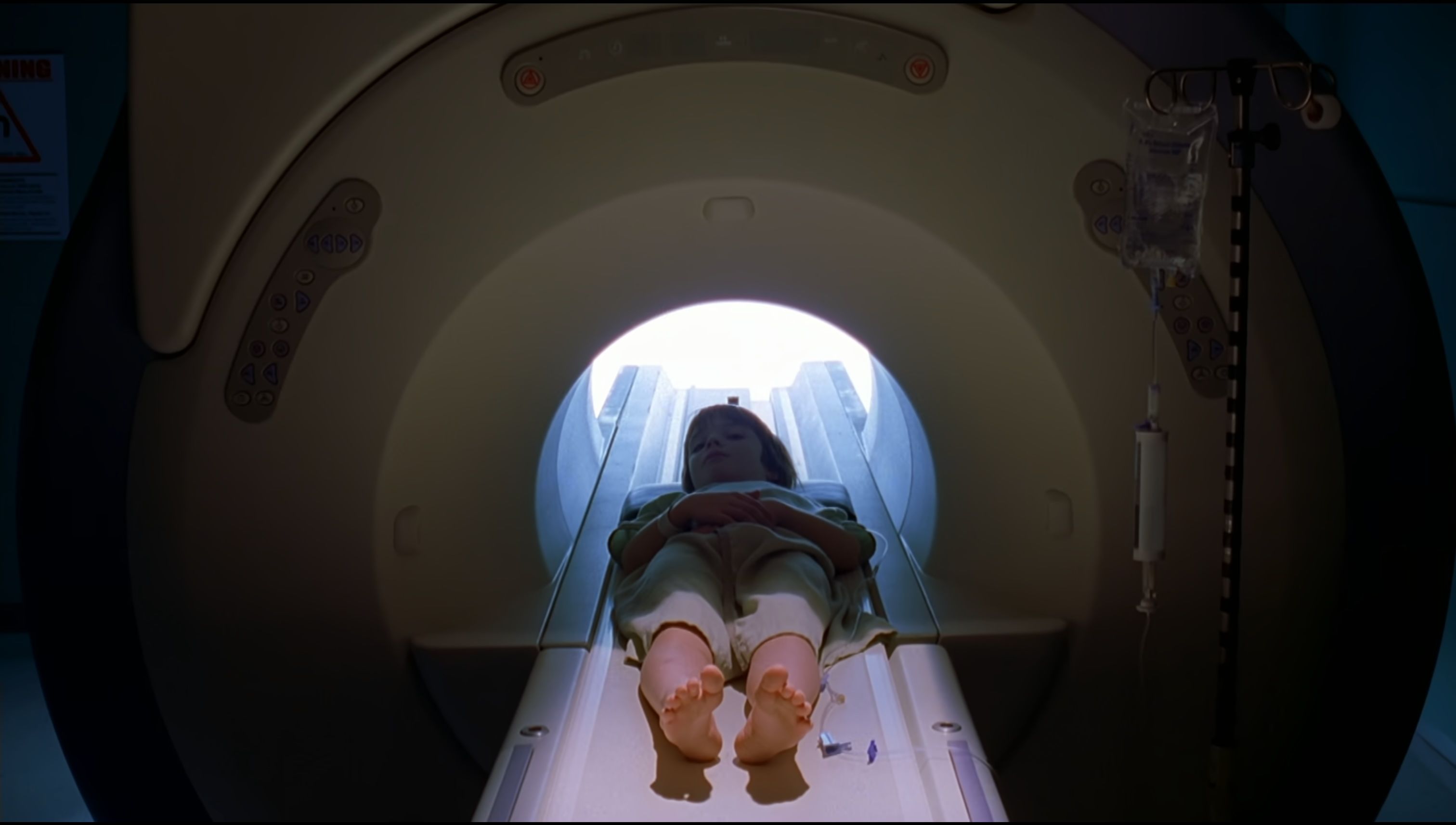
This whole episode is poker-themed and sees House steal a case from his boss, Dr. Cuddy because he thinks she misdiagnosed a young patient. House and his team sneakily try to diagnose what might be wrong and subject the young boy to a harrowing set of tests. However, it turns out House is trying to solve the case of a patient who died years ago he thinks might have the same thing as the child. A rare disorder called Erdheim-Chester, but the child tests negative for it.
Things go wrong, and the boy suffers cardiac arrest long enough to suffer potential brain damage. House only has enough biopsy material to run three tests, but there are seven potential diseases still on the board. Something, something, going all-in on a game of poker.
Expand this for the reveal
.
.
.
.
After putting the poor kid through more medical tests than any one person should have to endure, House blows his last remaining test opportunity on Erdheim-Chester again. Reasoning that the negative was a false one, because the disease had not progressed far enough. This time it comes up positive, and yay the kid can be treated despite probably having brain damage from being clinically dead for eight minutes.

I Love Trading Card Games, but I Can't Get Into Digital Versions
Physical collections have something that digital ones don't.
1 “Help Me” (Season 6, Episode 22)
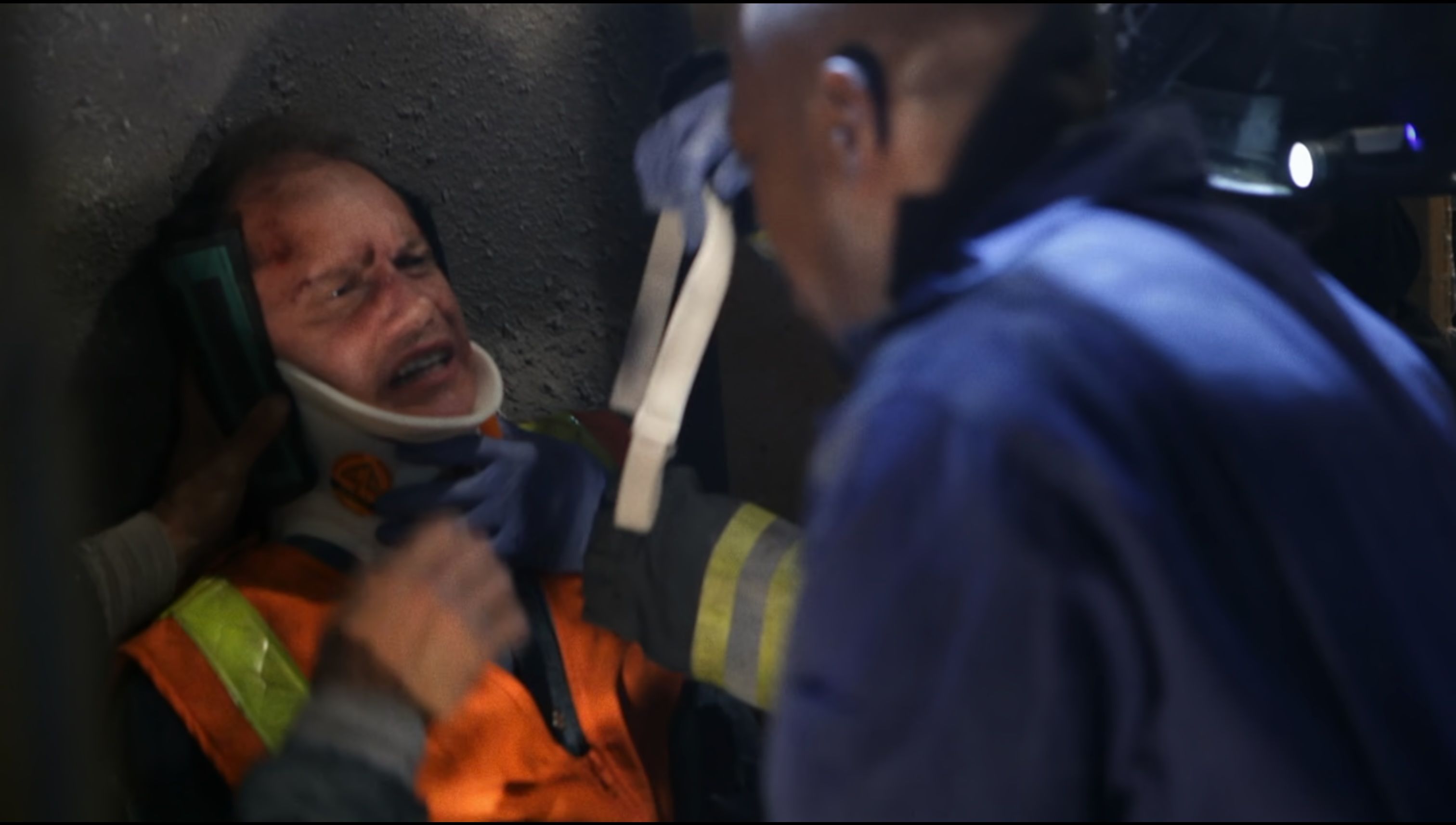
This one is a doozy, and it all starts with House and his team assisting at the site of a major accident. A crane operator fell asleep at the controls, causing a building to collapse with dozens of victims. House assists a woman with her leg trapped under the rubble, and tries to help his team diagnose the crane operator over the phone, for what House believes is a neurological issue that causes a loss of consciousness, not sleep.
Meanwhile, House tries to talk his boss and rescuers out of amputating the trapped woman's leg, but eventually he's forced to amputate her appendage with no anesthesia, because time has run out. Meanwhile, every test of the crane operator's brain seems to indicate it's fine, despite the poor guy literally bleeding from his eyes.
Expand this for the reveal
.
.
.
.
Sadly, despite amputating the woman's leg to save her life, a fat embolism from the amputation kills her. The crane operator's problem turns out to be a cyst on his spine, which caused his spinal fluid pressure to spike because of sitting in the crane for hours on end. It wasn't incompetence, but it was his actual job that led to the tragedy.
That's just the tip of the iceberg when it comes to House M.D. and the show as a whole is top-tier almost all the time, but do be careful of becoming a hypochondriac! Learning about all of these obscure conditions can have that effect on some people that makes them see symptoms in themselves that don't add up to an actual disorder.
Even worse, while most of what you see in the show is based on real medical cases, it is still a TV show. A lot of the time things are embellished for drama, or the truth is stretched. In some cases, the writers just get it completely wrong. So don't take it too seriously—just sit back and say "aah".



